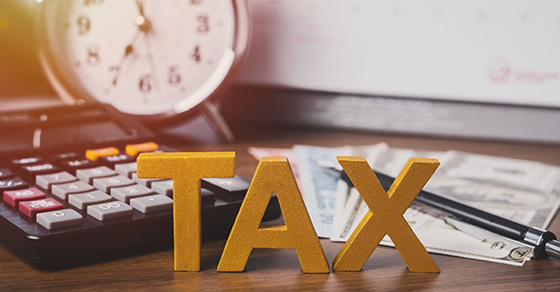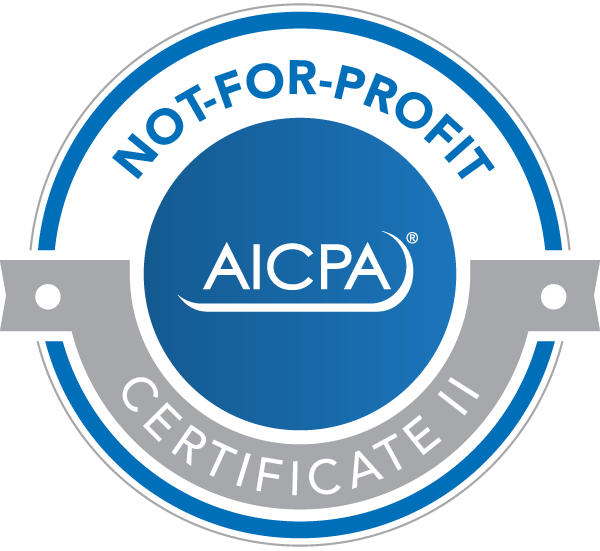The tax filing deadline for 2021 tax returns is April 18 this year. After your 2021 tax return has been successfully filed with the IRS, there may still be some issues to bear in mind. Here are three considerations:

1. You can throw some tax records away now
You should hang onto tax records related to your return for as long as the IRS can audit your return or assess additional taxes. The statute of limitations is generally three years after you file your return. So you can generally get rid of most records related to tax returns for 2018 and earlier years. (If you filed an extension for your 2018 return, hold on to your records until at least three years from when you filed the extended return.)
However, the statute of limitations extends to six years for taxpayers who understate their gross income by more than 25%.
You should keep certain tax-related records longer. For example, keep the actual tax returns indefinitely, so you can prove to the IRS that you filed a legitimate return. (There’s no statute of limitations for an audit if you didn’t file a return or you filed a fraudulent one.)
What about your retirement account paperwork? Keep records associated with a retirement account until you’ve depleted the account and reported the last withdrawal on your tax return, plus three (or six) years. And retain records related to real estate or investments for as long as you own the asset, plus at least three years after you sell it and report the sale on your tax return. (You can keep these records for six years if you want to be extra safe.)
2. Waiting for your refund? You can check on it
The IRS has an online tool that can tell you the status of your refund. Go to irs.gov and click on “Get Your Refund Status” to find out about yours. You’ll need your Social Security number, filing status and the exact refund amount.
3. If you forgot to report something, you can file an amended return
In general, you can file an amended tax return and claim a refund within three years after the date you filed your original return or within two years of the date you paid the tax, whichever is later. So for a 2021 tax return that you file on April 15, 2022, you can generally file an amended return until April 15, 2025.
However, there are a few opportunities when you have longer to file an amended return. For example, the statute of limitations for bad debts is longer than the usual three-year time limit for most items on your tax return. In general, you can amend your tax return to claim a bad debt for seven years from the due date of the tax return for the year that the debt became worthless.
We’re here year round
If you have questions about tax record retention, your refund or filing an amended return, contact us. We’re not just available at tax filing time — we’re here all year!
- Evaluate whether a Health Savings Account is beneficial to you - September 19, 2023
- Investment swings: What’s the tax impact? - September 12, 2023
- Plan now for year-end gifts with the gift tax annual exclusion - September 5, 2023
- Selling your home for a big profit? Here are the tax rules - August 29, 2023
- The tax consequences of employer-provided life insurance - August 22, 2023









